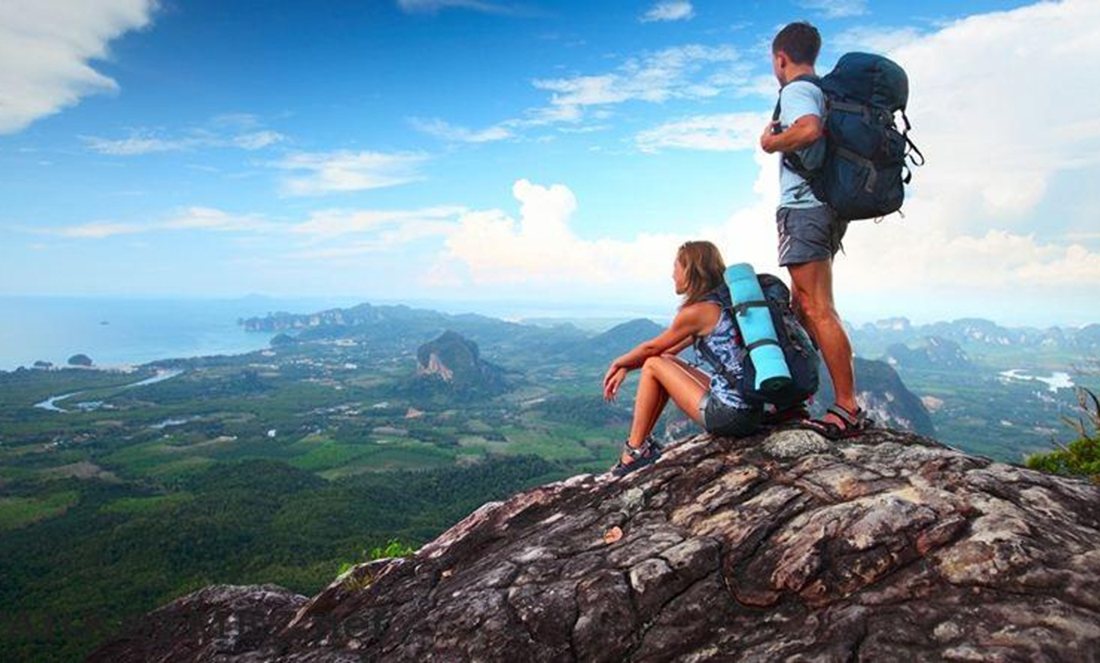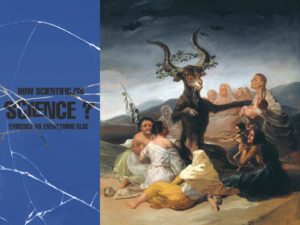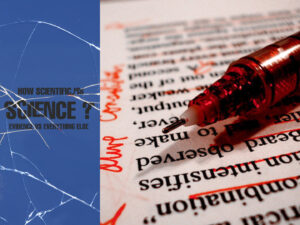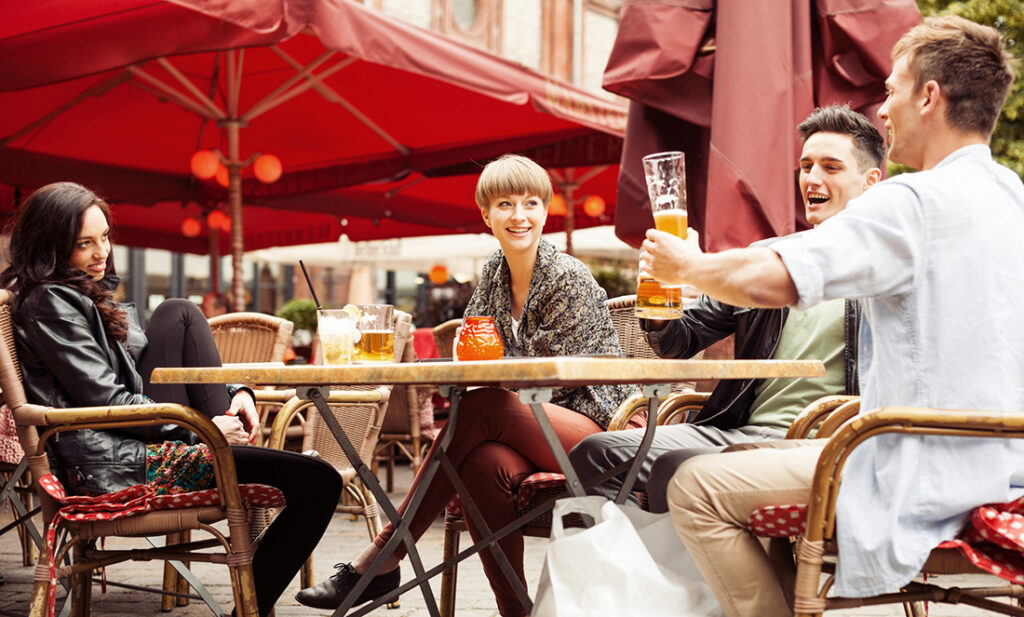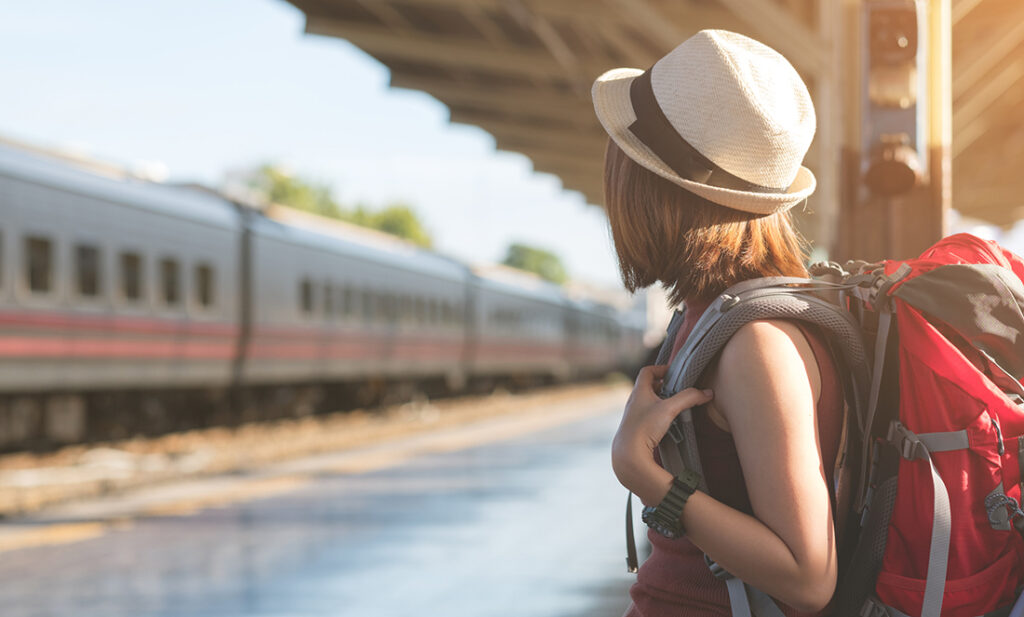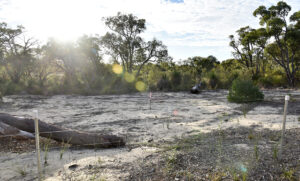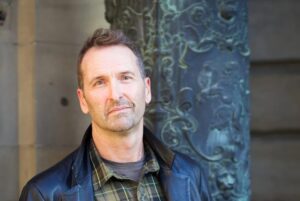Think backpacking is just about beer, beaches and dodgy hostels? Think again.
New research from Edith Cowan University (ECU) suggests backpacking is in fact an effective personal development tool.
CONFIDENCE BOOST
That’s the word of ECU School of Business and Law Professor Sam Huang and his colleagues at Sun Yat-sen University (Guangzhou) and Shaanxi Normal University (Xi’an) in China.
Using fancy scientific surveying methods, they asked 500 Australian, international and Chinese backpackers how backpacking had affected their resilience and self-confidence.
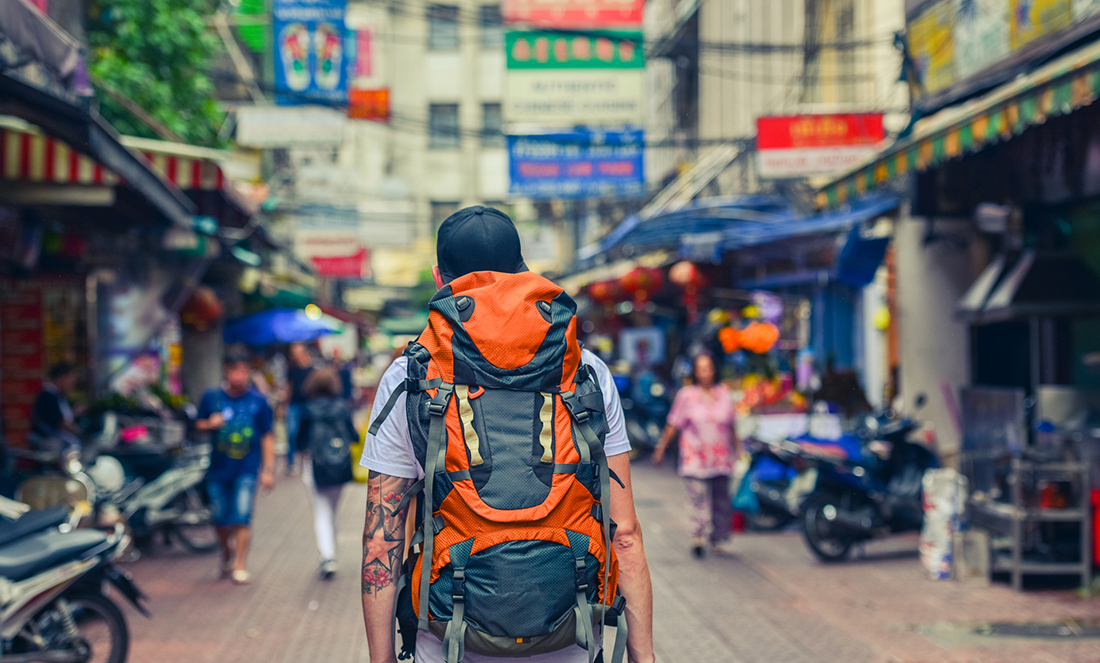
They discovered that 91% of those questioned believed backpacking had bolstered their problem-solving skills. Yep, running out of cash and finding a backstreet youth hostel in the rain could actually help your personal development.
Some 89% attributed backpacking to improved communication capability.
That’s right, kicking back with a beer and pondering philosophy with a Swede and a German may put you in good stead for boardroom negotiations later on.
88% said backpacking had increased their ability to overcome many challenges. You got it—navigating a packed London underground with a backpack may make you a stronger person.
And 80% felt that they could perform well, even when things were tough.
In short, those interviewed felt backpacking had made them more confident, more resilient and more capable. Not bad for something that’s also a truckload of fun.
DEVELOPING CHARACTER
Sam says the research indicates backpacking is a viable way to grow your character.
“Normally, we see people develop themselves through the formal education system, and when you get into adulthood, you may develop through job opportunities, studies at TAFE or university,” Sam says.
“But this research shows backpacking may be a way of further developing your personality and enduring qualities.”
ANTIDOTE TO STRESS
Sam believes the research is important considering the mental health issues facing young people.
“In Australia, we see many people, especially young people, who are so lucky,” Sam says. “Everything is great—even the weather is good—but we are having these mental health problems.
“We see a lot of evidence of young people being under stress.
“They are worrying about their future careers, house prices and finding their place in society.
“While it seems counterintuitive, buying them a backpack and sending them into the world may be a way of supporting them.”
It increases their sense of capability. This is essential psychologically, creating confidence in themselves, relationships and future careers.”
BUT DOES IT LAST?
The next step? Furthering the research.
Sam wants to see if travelling can generate long-lasting wellbeing through personal development, even after stashing your backpack and resuming ‘normal’ life.
“I’d like to look further at the link to see if wellbeing can be enhanced by tourism and travel experiences like backpacking,” Sam says.
“It’s a guess, but I suspect it will contribute to personal wellbeing, which in turn contributes to societal wellbeing.”
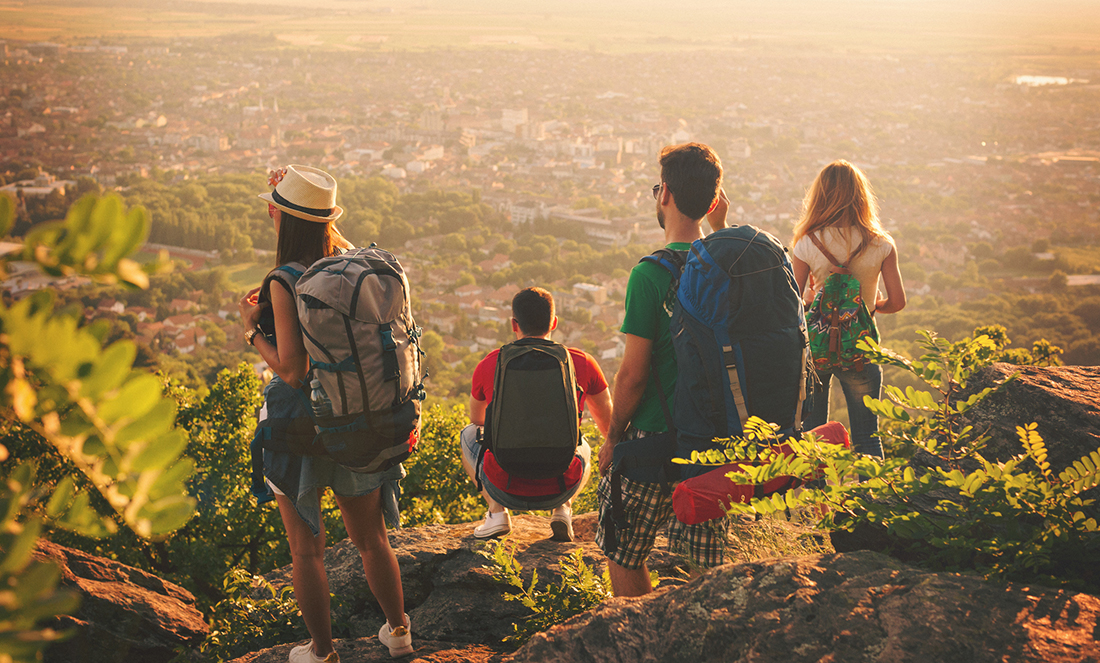
This research appeared in the paper ‘Backpacker Personal Development, Generalized Self-Efficacy, and Self-Esteem: Testing a Structural Model’ by Ganghua Chen, Sam Huang and Xianyang Hu, published in the Journal of Travel Research.



